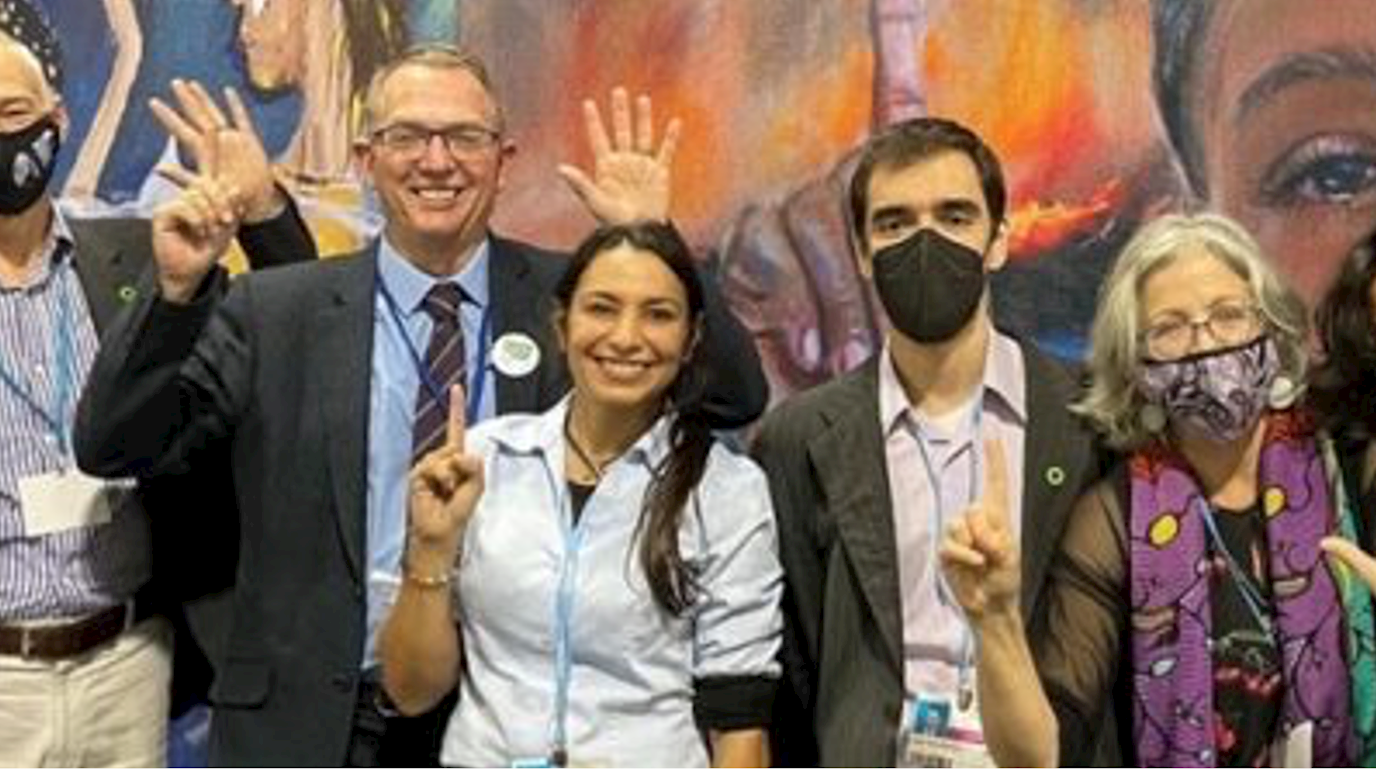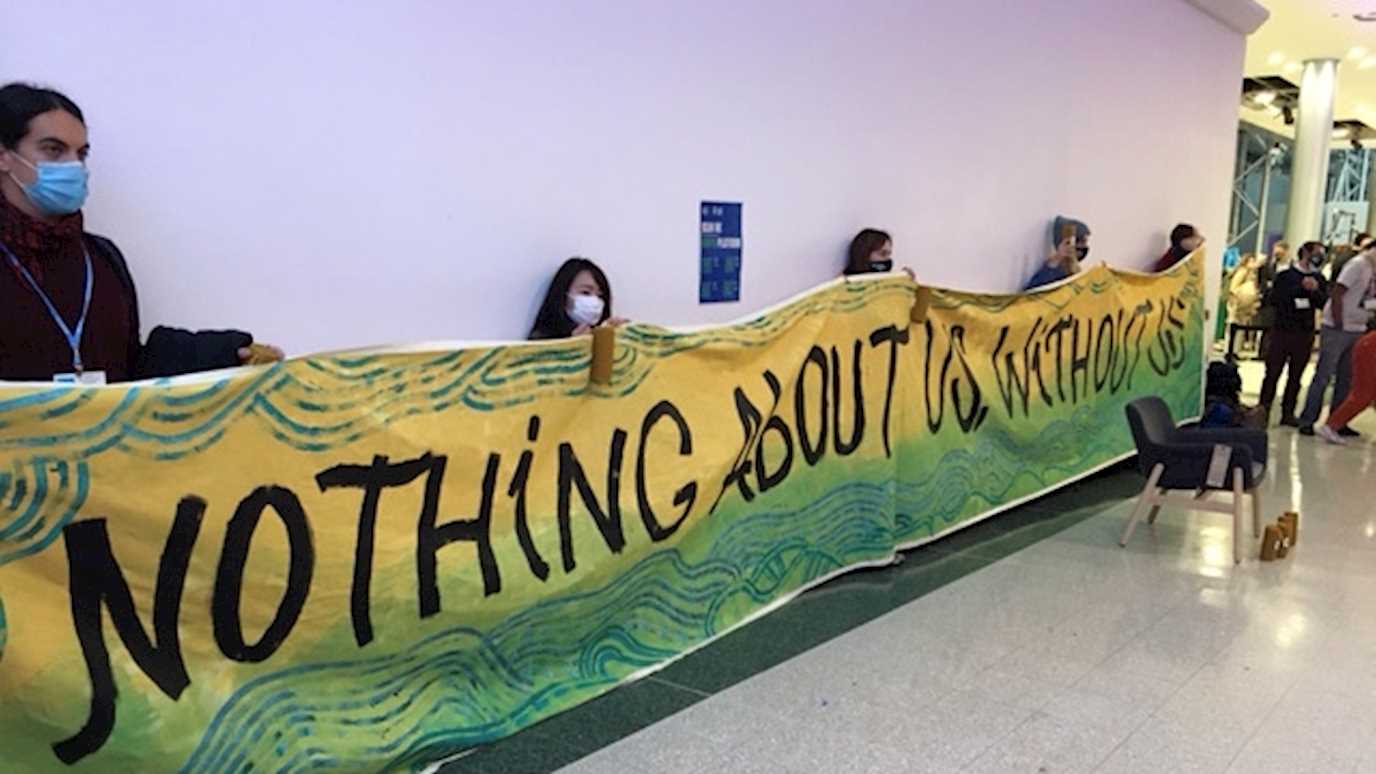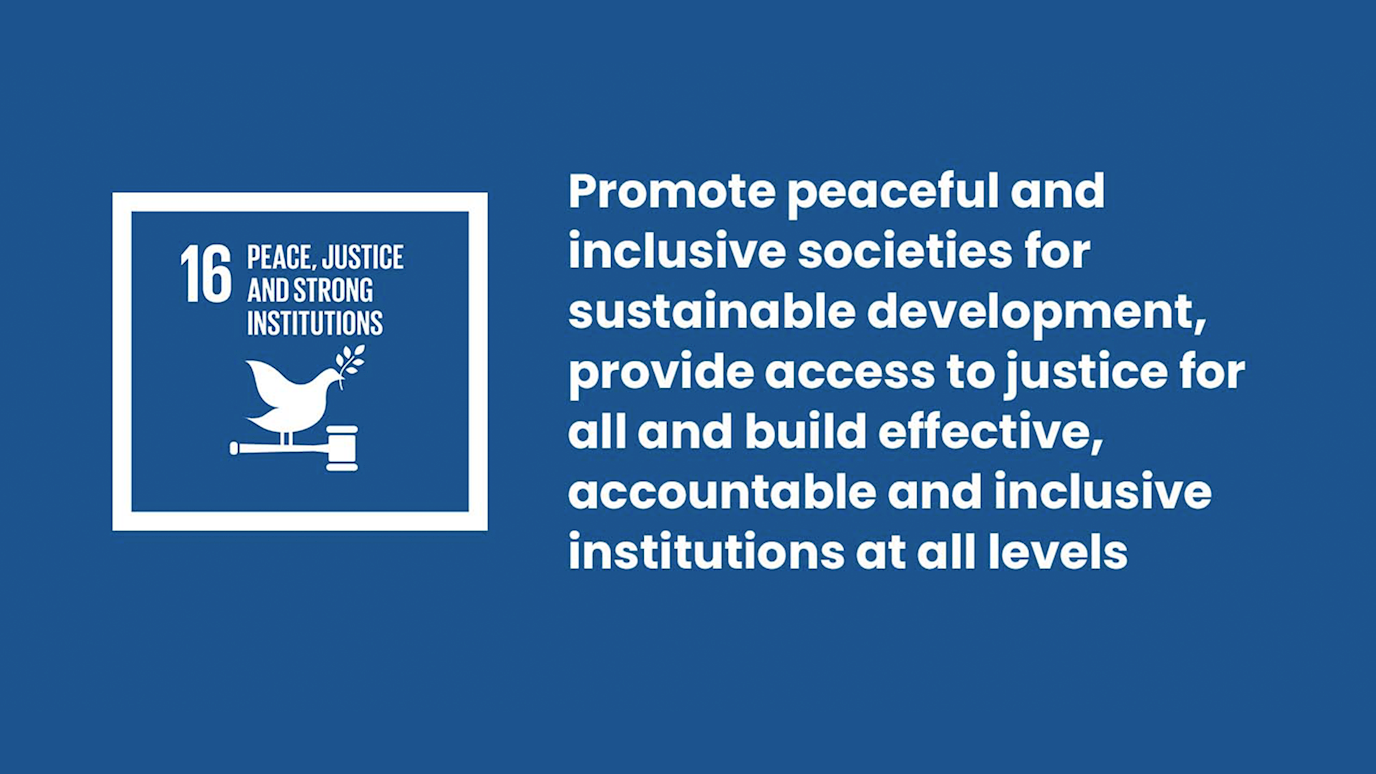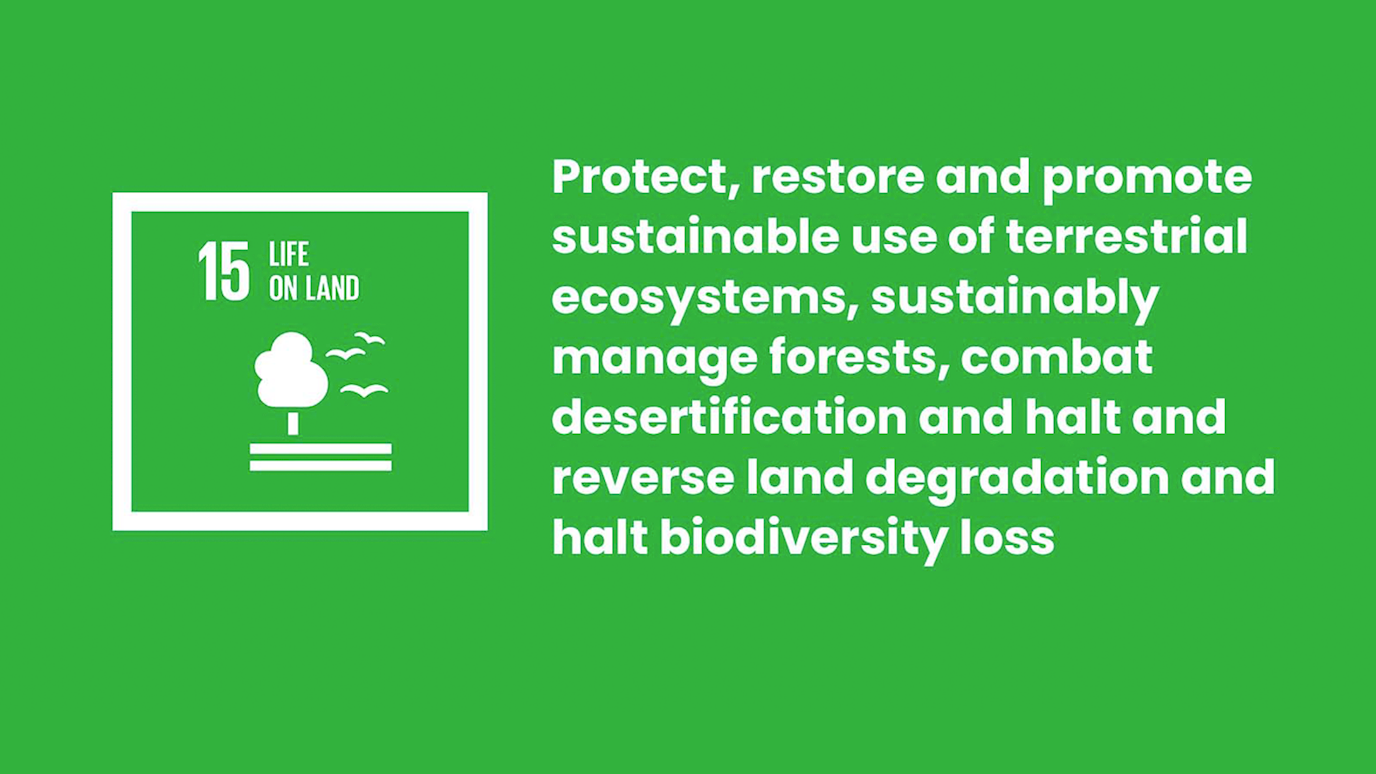No single country, sector, organisation, or discipline alone can solve the global sustainability issues we face today, and that is why SDG 17 is important, writes Hilary Lynch.
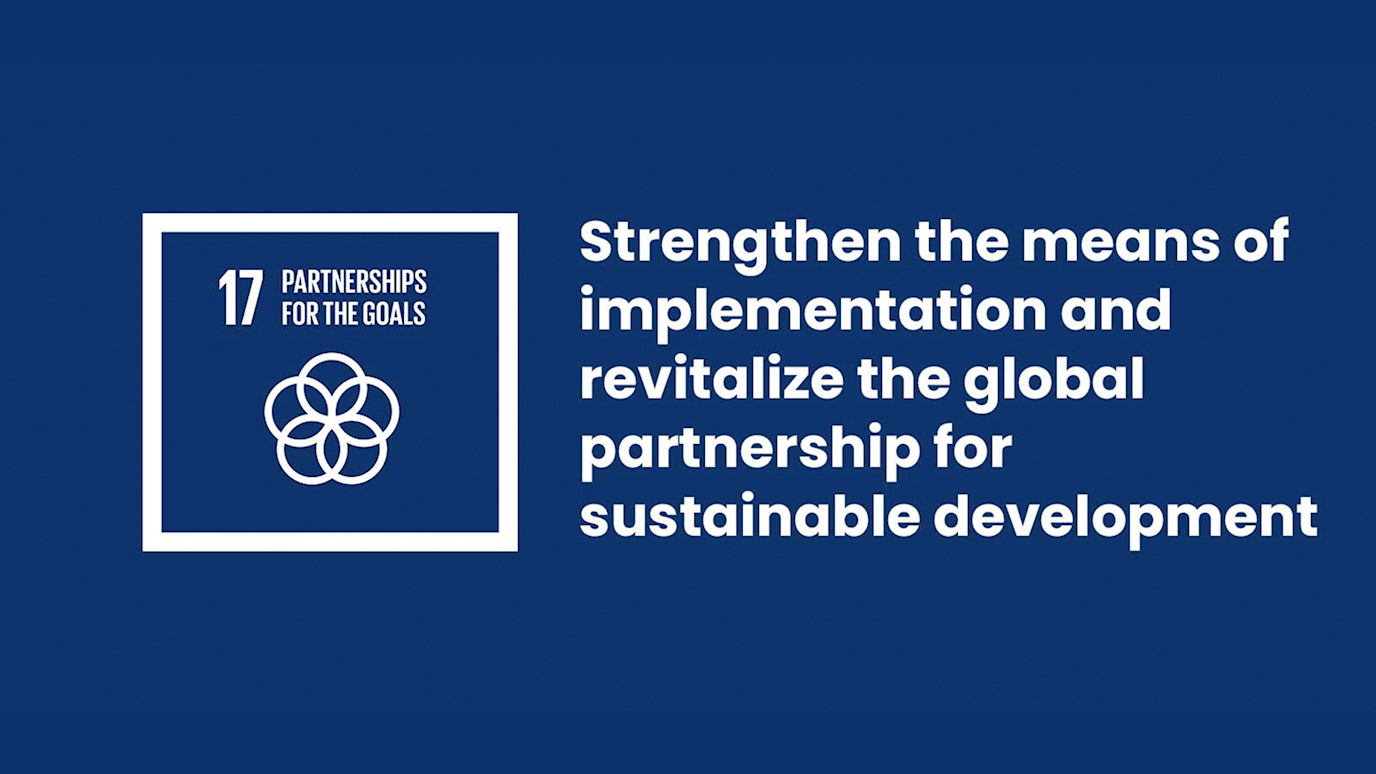
The United Nations’ 17 Sustainable Development Goals (SDGs) provide the world with a blueprint for achieving global peace, prosperity and planet sustainability. Key to realising these goals is the acceptance by different sectors and actors of the sustainability problems the world faces, and the willingness to work together in equitable partnerships to actively support and participate in finding lasting solutions.
No single country, sector, organisation, or discipline alone can solve the global sustainability issues we face today, and that is why Sustainable Development Goal (SDG) 17, ‘Partnerships for the Goals’, is important, because it recognises the need for multi-stakeholder partnerships to share knowledge and expertise to achieve sustainability across the globe. Building such partnerships is crucial for poorly resourced developing countries. Partnership teams, including actors from academia, civil society, business and government sectors, can bring different perspectives and help contextualise sustainability issues. Recognising these issues is just the start of the journey towards a more socially just form of sustainability.
In 2018 Royal Holloway developed a Global Challenges strategy aimed at growing our international partnership base to enable interdisciplinary research that could address the United Nations’ 17 goals. The strategy was intended to nurture and strengthen our existing partnerships and to build new ones that could address the world’s most urgent global challenges. Our work encompassed multidisciplinary teams of researchers, business owners, policy makers, societal groups and other stakeholders involved with climate change, food security and global health.
Royal Holloway researchers are now working in equitable partnership with stakeholders from around the world, including partners in Africa, South America, the Middle East and South East Asia. Here are three examples of the sustainability research that Royal Holloway academics are involved with.
The double burden of malnutrition: Africa and South America
Professor Paul Fraser (Biological Sciences) leads a team of UK researchers in collaborations with the WorldVeg Center (AVRDC) located in Benin, the International Institute of Tropical Agriculture (IITA) located in Nigeria and International Center for Tropical Agriculture (CIAT) located in Colombia. The global partnership team are actively engaged in addressing the double burden of malnutrition, which is increasingly prevalent in African countries and most frequently manifested in the high rate of stunting among children, due to chronic malnourishment, coexistent with a high and growing rate of overweight and obesity in adults.
In 2018, about 33 per cent of children under five years old in Africa were stunted, while more than 31 per cent of adults in the region were overweight or obese. Almost half of all deaths of children under five years old globally can be attributed to malnutrition. Even if non-fatal, deficient nutrition in the first 1,000 days of children’s lives (from conception to second birthday), is evident through poor growth, and may also impair children’s immune systems and impede their cognitive development and learning capacity. Stunting in childhood further increases the likelihood of adult overweight or obesity, conditions that raise the risk of many non-communicable diseases including diabetes, cancer and stroke.
Prevalence and numbers of children under 5 affected by stunting, wasting and overweight globally, comparing 2000 and 2020. Graphic from UNICEF.
This project aims to produce nutrient-rich foodstuffs and promote healthier African and Latin American diets, addressing SDG 2, ‘Zero Hunger’, and SDG 3, ‘Good Health and Well-being’. The global partners are actively engaged in diversifying the diet in these countries with emphasis on nutrient-dense fruit and vegetables. Varying the diet with nutrient-rich fruits and vegetables, including bioactive compounds, vitamins and micronutrients to complement the staple starchy crops consumed in these regions will improve welfare, well-being and health in these countries.
Globalisation and loss of traditional and sustainable food practices: The Middle East
Dr Erica Rowan (Classics) is working in collaboration with partners at Koç University, the Kaymakçi Archaeological Project and the Archaeological Exploration of Sardis, Turkey, together with local Turkish community groups to address food sustainability issues.
Globalisation has led to mass production and consequently mass food consumption patterns. Mono-cropping and genetic standardisation, from chickens to bananas, has set in motion dangerous practices alien to past societies. Local, highly sustainable traditions that fed cities and rural areas for centuries embodied best practices for climate-friendly and high-value nutrition. Yet these practices are being eliminated in favour of an often unhealthy, imported and highly processed diet. Troubling rates of obesity and cancers have led many to question globalised food, yet too often these efforts are affordable only to wealthy communities with the financial resources to make such choices. Unable to fight against the pressures of a globalising economy, developing countries work towards ‘modernisation,’ and thus undercut local traditions. Many of these traditions are, however, the best options for a more sustainable food future and our best hope for a secure, sustainable and nutritious food supply, as they are healthier and more climate friendly than the purchased alternative.
This project aims to find solutions to Turkey's globalisation and food sustainability challenges by studying the dynamics of sustainable foodways through an exploration of ancient and traditional diet and processing practices, and in doing so addresses SDG 11, ‘Sustainable Cities and Communities’ and SDG 12, ‘Responsible Consumption and Production’. To do this, the partners are gathering archaeobotanical (ancient plant) data to understand sustainable food production in Turkey’s deep past with the aim of using this knowledge to inform on current issues of food sustainability. It is hoped that exploring practices of the past will provide a pathway towards a more sustainable future, with valuable lessons to be learned from the way people previously negotiated massive cultural, religious and climatic changes.
Climate resilience, credit and nutrition: South East Asia
Professor Katherine Brickell (Geography) leads a team of UK researchers working with partners in Cambodia and India to influence policy on the role of microfinance in climate adaptation. The project takes a gendered lens to explore the relationship between climate resilience, credit-taking, and nutrition.
Small-scale credit is exalted in mainstream development thinking as a key means of supporting women and their families in dealing with daily, ongoing, and often slow-onset climate disasters. Facing growing crises of agricultural productivity from droughts and floods, and taking primary responsibility for the nutritional well-being of their households, women are targeted as credit borrowers globally. Credit provisioning therefore speaks to the push for ‘resilience’ against climate disasters that is central to SDG 13, ‘Take urgent action to combat climate change and its impacts’, and which has serious implications for SDG 5, ‘Achieve gender equality and empower all women and girls’ that prioritises the valuing and recognition of women’s unpaid care and domestic work.
This project probes at the issue of how to ensure that ‘climate resilience’ does not come at the cost of women’s emotional and bodily depletion through processes of household nutrition provisioning. Professor Brickell coordinates the international interdisciplinary team across geography, development studies, anthropology, economics, nutrition, and art.
Getting involved as a student
Royal Holloway students can also play their part in helping to build strong, equitable partnerships across the globe, whilst make a difference to the lives of the world’s most vulnerable, through Royal Holloway’s Volunteering Abroad scheme. Royal Holloway has a network of partners in developing countries working with disadvantaged children and can provide our students with opportunities to work and support ethical causes across the globe. Opportunities are available in Cambodia, Thailand, Nepal, India and Peru through the Volunteering Abroad programme, supported by funding recently awarded to Royal Holloway through the Turing Scheme.
These volunteering places help address the UN’s Sustainable Development Goals, such as SDG 4, ‘Quality Education’, and SDG 10, ‘Reduced Inequalities’. If you are a Royal Holloway student interested in making a difference and being part of a global partnership network working towards planet sustainability, then follow the link to find out how you can get involved.
Dr Hilary Lynch was the Global Challenges Strategy Manager at Royal Holloway, University of London (2018-21). Dr Lynch has over 19 years of experience working in higher education, initially as a researcher and academic at UCL, Surrey and Reading Universities, before moving on to research development and support roles at Brunel University and Royal Holloway. As the Global Challenges Strategy Manager at Royal Holloway, her role involved the development and implementation of the College’s Global Challenges strategy and working with academics to guide them in developing and writing Global Challenges Research Fund (GCRF) grant applications.










